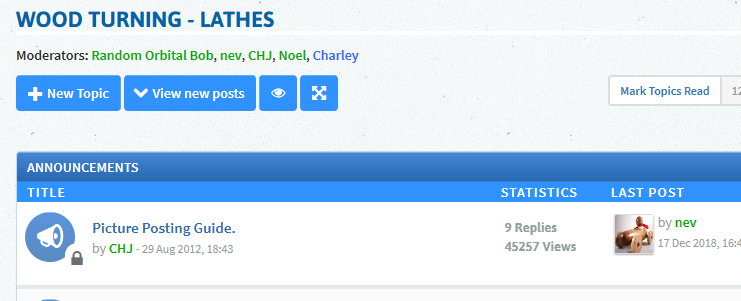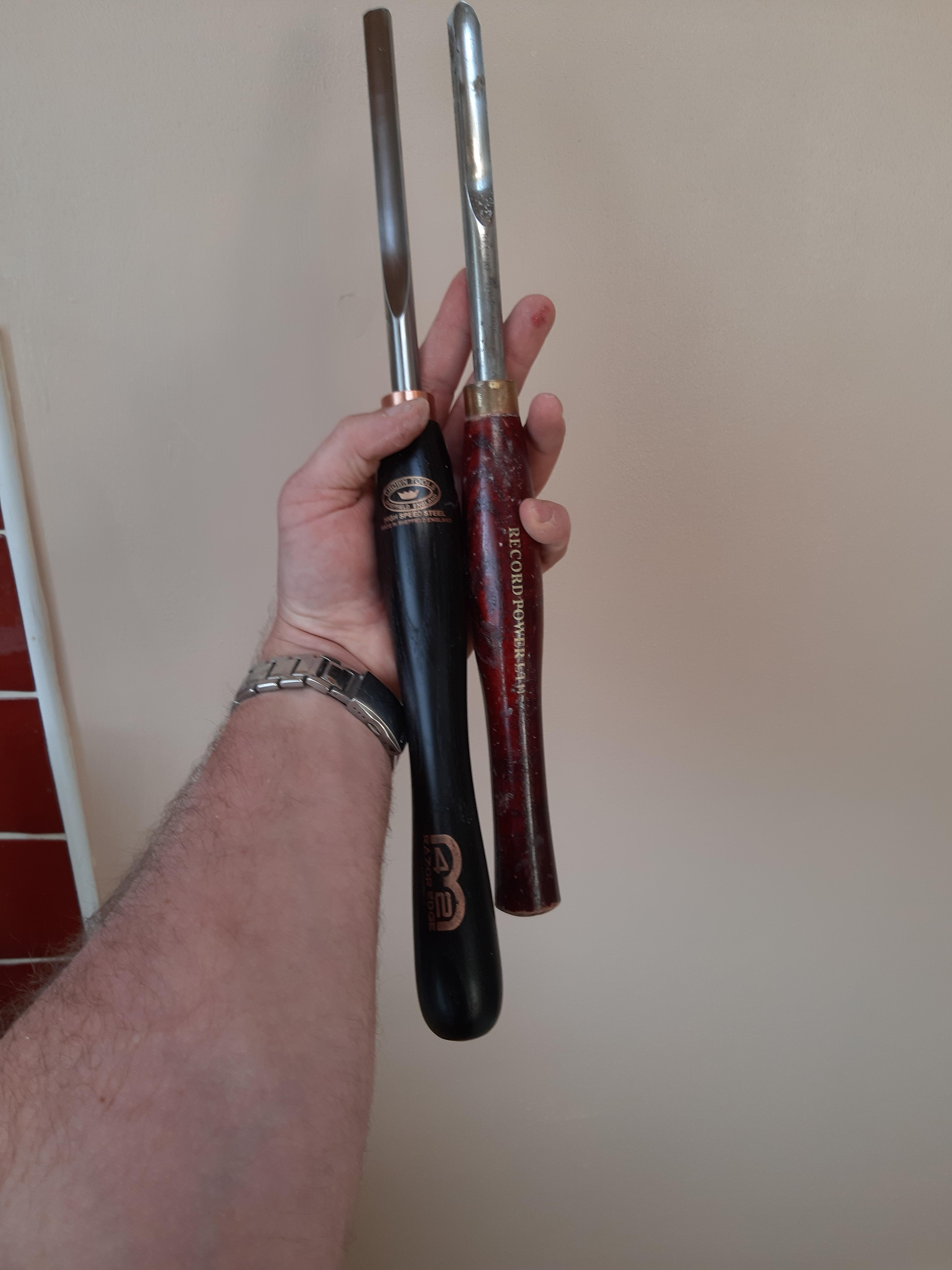macrob77
Member
Hi.
My first post here. I'm looking for users opinions about Crown Cryo tools. Is the edge last actually longer than standard HSS steel?
At the moment I'm using Record Power HSS tools. I really like them but I have to sharpen them very often. Mostly I'm turning acrylics. I've been thinking about carbide tools but I like traditional tools better.
Thanks.
Maciek
My first post here. I'm looking for users opinions about Crown Cryo tools. Is the edge last actually longer than standard HSS steel?
At the moment I'm using Record Power HSS tools. I really like them but I have to sharpen them very often. Mostly I'm turning acrylics. I've been thinking about carbide tools but I like traditional tools better.
Thanks.
Maciek




































